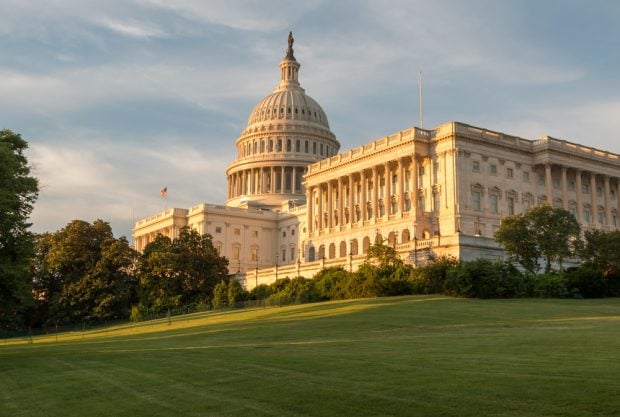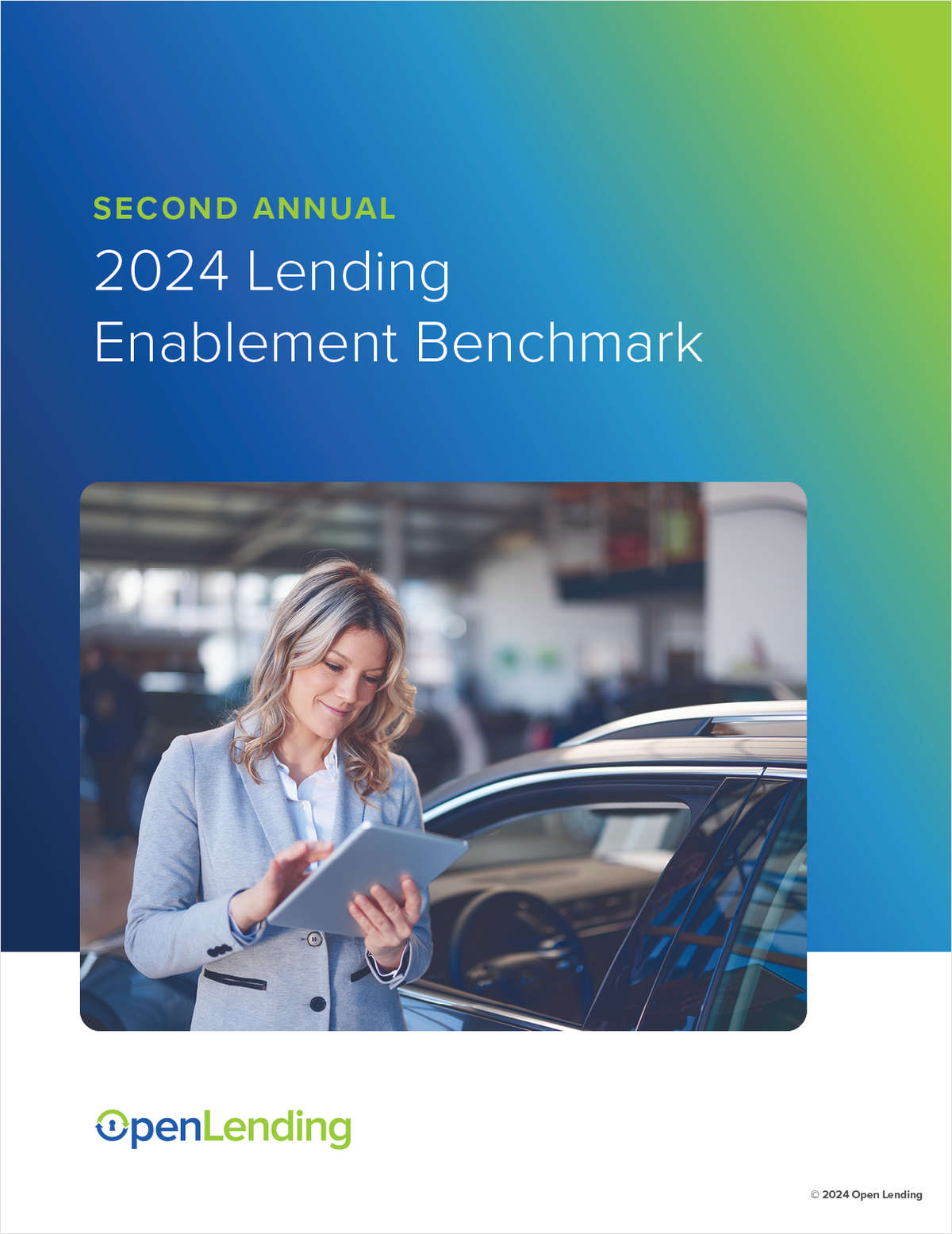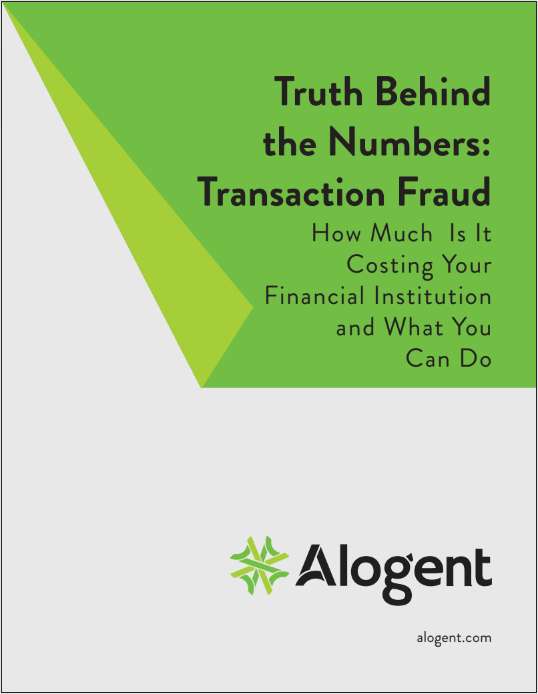President Donald Trump signed an executiveorder Friday afternoon directing the Labor Department toundertake an assessment of its fiduciary rule, and if it deemsappropriate, a proposal to revise the rulemaking, which industryofficials say would delay the rule's April 10 effectivedate.
|Acting Labor Secretary Ed Hugler said in a statement that theDOL would “consider its legal options to delay the applicability ofthe date as we comply with the president's memorandum.”
|The final order “does not, in and of itself, repeal norrevise nor delay the rule,” said Skip Schweiss, head of advisoryadvocacy at TD Ameritrade Institutional, “though at least on delay,we can probably safely assume that's coming.”
|“Curiously, [the order] does not direct the DOL to extend theapplicability date of the rule from April 10 to a later date,”added Fred Reish, partner in Drinker Biddle & Reath'semployee benefits and executive compensation practice group in LosAngeles. ”However, I assume that the department willautomatically delay that date in order to allow sufficient time todo the analysis.”
|Nonetheless, Reish added, “it will be uncomfortable for thefinancial services sector to wait and see if the DOL actuallydelays the date. If the Department determines that the rule doesadversely affect investors or retirees, it is further directed torescind or revise the rule, as appropriate.”
|The draft order told DOL to delay the rule for 180 days, butthat was taken out of the final order, which was issued on Friday.Industry officials anticipate that it will be up to the new Laborsecretary to determine the amount of delay needed.
|DOL was also directed to consult with the Department of Justiceto consider staying the outstanding litigation.
|The administration also told DOL to undertake an “updatedeconomic and legal analysis of the rule, including analyzingpotential harm to investors, disruptions within the retirementservices industry, price increases to investors and increasedlitigation.”
|Said Trump in the final order: “One of the priorities of myadministration is to empower Americans to make their own financialdecisions, to facilitate their ability to save for retirement andbuild the individual wealth necessary to afford typical lifetimeexpenses, such as buying a home and paying for college, and towithstand unexpected financial emergencies.”
|DOL's fiduciary rule, it continued, “may significantly alter themanner in which Americans can receive financial advice, and may notbe consistent with the policies of my administration.”
|Erin Sweeney, a member at Miller & Chevalier, said thatafter performing an updated economic and legal analysis, the DOL isdirected to “propose a new rule rescinding the rule, revising therule, or proposing revisions to the related prohibited transactionexemptions,” with the proposed rule being subject to notice andcomment.
|After these measures are considered, “DOL can allow the rules tobecome applicable, modify them or withdraw them,” explainedReish.
|“My best guess is that the evaluation will be done and then thedepartment will obtain an additional extension to propose to modifythe regulation and exemptions,” Reish added. “I think most of thefocus of that work will be on the requirements of the Best InterestContract Exemption.”
|In sum, Reish said: “My predictions would be that theapplicability date will be delayed; there will be a finding thatthe rule does adversely affect investors and retirees; and the rulewill be revised.”
|At the Friday afternoon signing, Trump said that “We'reassigning core principles for regulating the United Statesfinancial system; it doesn't get much bigger than that; do you wantto explain it?” turning to Rep. Ann Wagner, R-Mo., a staunchopponent of the rule.
|Wagner stated: “What we're doing is returning control to theAmerican people, lower- and middle-income investors and retirees,control over their own retirement savings. It's about Main Streetand it's been a labor of love for me for four years; it's a bigmoment for Americans.”
|Trump added: “She means that so much.”
|The delay, Wagner said in a statement, “will allow theadministration to potentially repeal the rule entirely, and withinthis time, I will continue working toward a permanent solution inCongress through legislation to help preserve investment choice,access and affordability while ensuring all families are receivinginvestment advice that is truly in their best interest.”
|As to the ongoing litigation, Judge BarbaraM.G. Lynn, the judge presiding over the Texas case, said Wednesdaythat she would issue a ruling by Feb. 10. The U.S. Chamber ofCommerce is among the plaintiffs, including the Securities Industryand Financial Markets Association and the Financial ServicesInstitute that sued the DOL over its fiduciary rule in a Texascourt.
|“It is anticipated that the DOL and the DOJ will quickly move tostay all outstanding litigation pending over” the fiduciary rule,said Sweeney.
|Ken Bentsen, president and CEO of SIFMA stated that Labor'sfiduciary rule “is flawed and is causing harm to retirementsavers.”
|Reiterating that SIFMA's members “have long supported a bestinterest standard for brokers who provide personalized investmentadvice, … the DOL is not the right agency nor is the DOL rule theright approach. Delaying the applicability date to allow the newadministration an opportunity to review the rule's impact oninvestors and the market is appropriate and not withoutprecedent.”
|Trump signed an order the same day to roll back theDodd-Frank Wall Street Reform and Consumer Protection Act.
|The template for Dodd-Frank reform will be House FinancialServices Committee Chairman Rep. JebHensarling's Financial Choice Act, whichis expected to be reintroduced soon.
Complete your profile to continue reading and get FREE access to CUTimes.com, part of your ALM digital membership.
Your access to unlimited CUTimes.com content isn’t changing.
Once you are an ALM digital member, you’ll receive:
- Critical CUTimes.com information including comprehensive product and service provider listings via the Marketplace Directory, CU Careers, resources from industry leaders, webcasts, and breaking news, analysis and more with our informative Newsletters.
- Exclusive discounts on ALM and CU Times events.
- Access to other award-winning ALM websites including Law.com and GlobeSt.com.
Already have an account? Sign In
© 2024 ALM Global, LLC, All Rights Reserved. Request academic re-use from www.copyright.com. All other uses, submit a request to [email protected]. For more information visit Asset & Logo Licensing.









